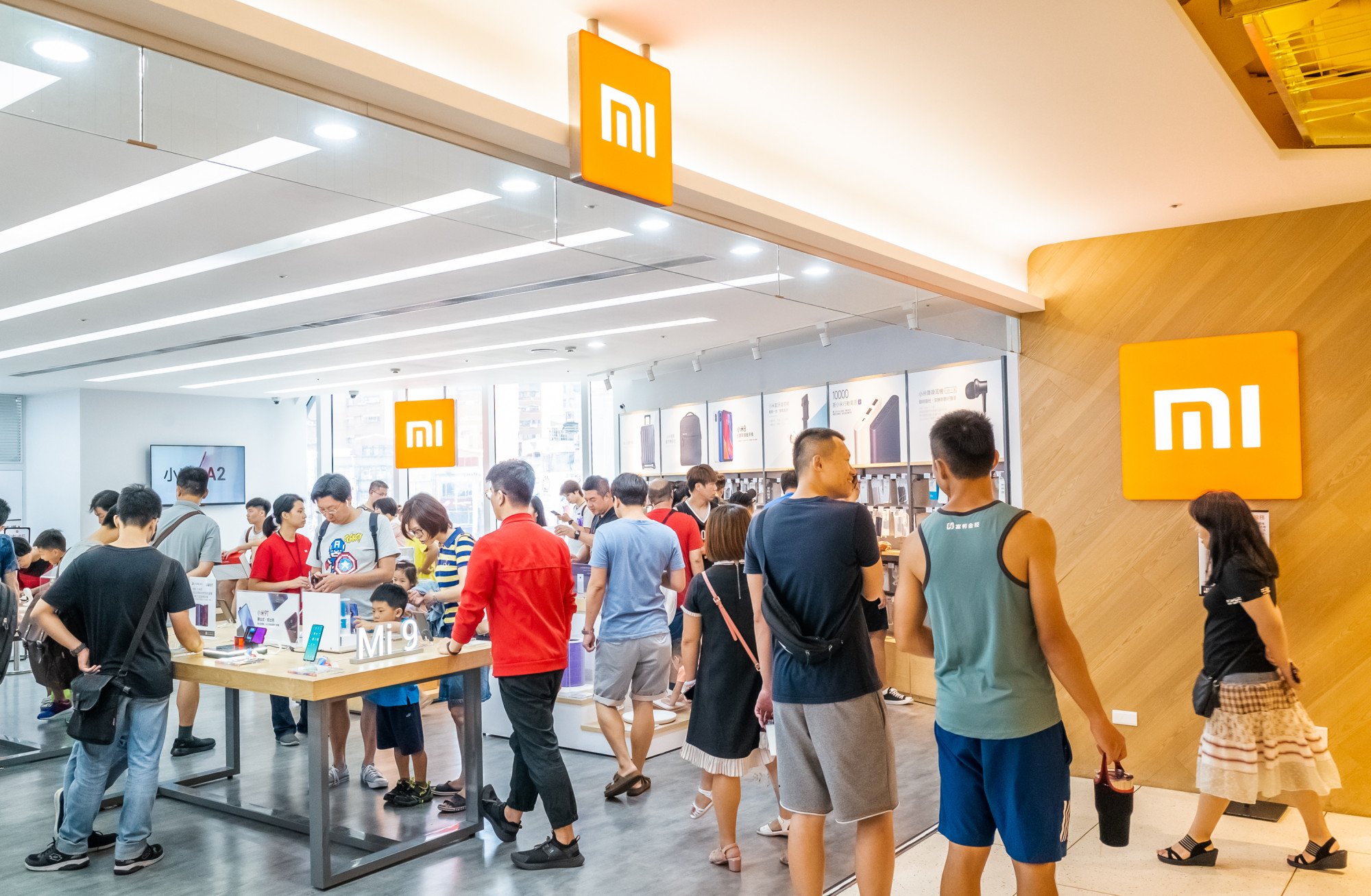
06 Feb Huawei tablet shipments rise in fourth quarter, bucking global decline along with Chinese rivals Xiaomi, Lenovo
Chinese technology giant Huawei Technologies nearly doubled its global tablet shipments in the last quarter of 2023, as major Chinese brands registered strong growth in an overall declining market, according to new data from market research firm Canalys.
The US-sanctioned company shipped more than 2.8 million tablets in the December quarter, a surge of over 95 per cent from a year earlier, Canalys said on Monday. IDC, another research firm, estimated similar shipment numbers for Huawei, but put the growth lower at around 21 per cent.
The boost in shipments lifted Huawei to third place in the last three months of the year, behind Apple and Samsung Electronics, which retained the top two positions despite a fall in shipments, according to IDC and Canalys.
Other Chinese tablet vendors besides Huawei also had a positive fourth quarter, which covered the Christmas holiday season, an important period for global retailers.

Tablet shipments of Xiaomi jumped by 35 per cent year on year thanks to its aggressive marketing and expansion efforts, IDC said. Lenovo’s shipments rose by nearly 13 per cent.
Vendors from China formed a bright spot in an otherwise gloomy year for the tablet sector. In the last quarter of 2023, manufacturers shipped around 17 per cent fewer tablets, the largest year-on-year decline in fourth-quarter shipments since 2016, according to IDC.
With no significant improvement in the economy, consumers have been spending their money on things other than consumer electronics, IDC senior analyst Anuroopa Nataraj wrote in a blog post on Monday.
Tablets “may not be very high” on the priority list of companies, she said.
For the whole of 2023, IDC estimated a 20.5 per cent drop in global tablet shipments – the worst yearly performance since 2022 – while Canalys put the decline at more than 10 per cent.
Huawei bucked the trend with a 32 per cent growth, according to Canalys, while IDC said shipments by the Chinese company were up by 4 per cent.

While people are expected to buy more tablets in the coming year, challenges remain in the market as new technologies such as artificial intelligence (AI) are expected to be used more on personal computers and smartphones in the near future, Nataraj added.
In defiance of US trade restrictions that curbed Huawei’s access to advanced chips and paralysed its once-lucrative handset business, the Mate 60 series is powered by an advanced home-grown 5G processor. Its release fuelled patriotic fervour among smartphone users in China, boosting Huawei’s domestic sales.
